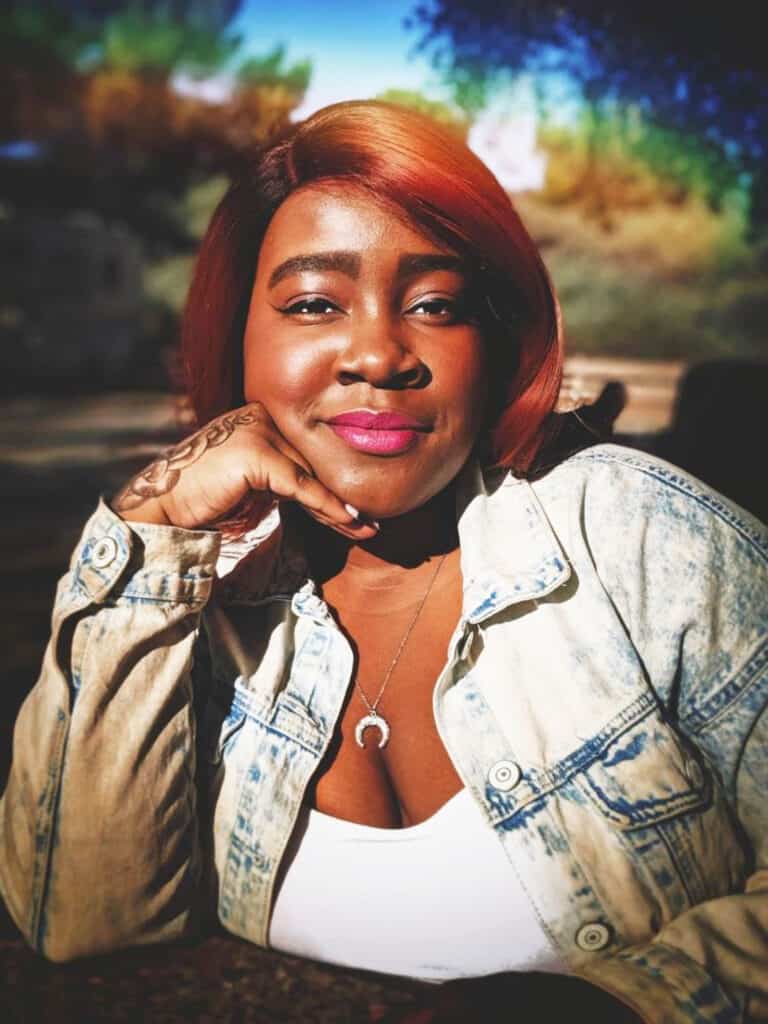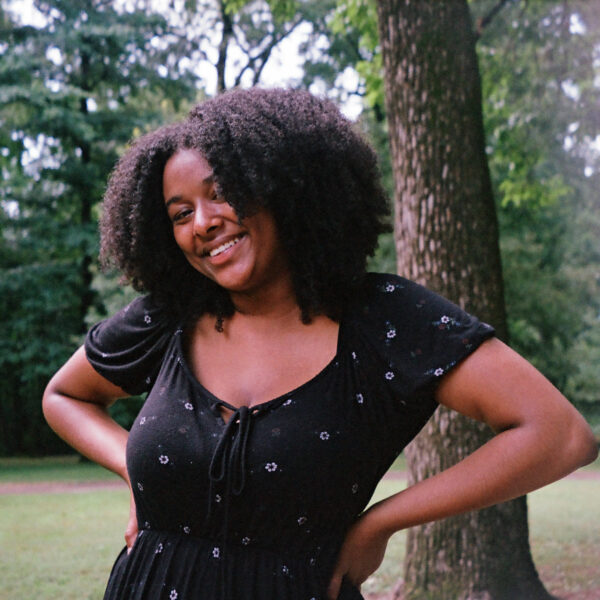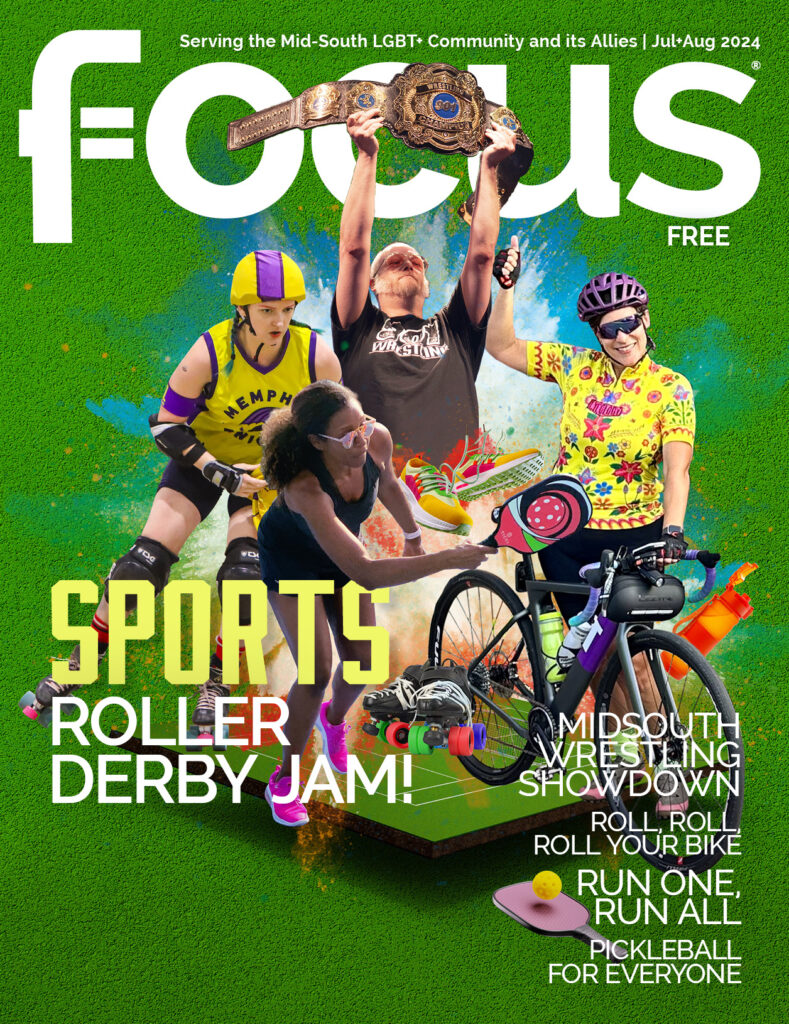My dad is from the south side of Chicago. My mom is from Garowe, Somalia. Growing up, it felt there was no more random place for my parents to have met and had children than Tennessee. I would ask my mom all the time, “How did you end up here?” It’s not like there were no other African kids around. There were plenty. It just felt so strange to me that my parents, and other kids’ parents who had come from so far away, would end up here, in the deepest red state in the country.
So you can imagine how immediately connected I felt to Clarkisha Kent’s account of being a first generation Nigerian-American kid born and raised in Nashville of all places. In the very first chapter of Fat Off, Fat On, Kent dives face first into the complicated woes associated with her background, familial toxicity, fatphobia, colorism. Honestly, every -obia and -ism you can think of. My girl wasted no time. There were several points where I had to break between pages and marvel at how real she was keeping it so early in the book.
Kent uses humor to walk the reader through various stories, all with ties back to a central theme: there exists an intersection between fatphobia, misogyny and anti-blackness, a point at which a fat Black femme body can be both invisible and under great (and constant) scrutiny at the same time.
Nubia Yasin
Clarkisha Kent’s Fat Off, Fat On: A Big Bitch Manifesto is just that, a manifesto. A memoir. A book that is as funny as it is biting, and, at times, painful. With chapter titles modeled after episodes from the show Scrubs, Kent uses humor to walk the reader through various stories, all with ties back to a central theme: there exists an intersection between fatphobia, misogyny and anti-blackness, a point at which a fat Black femme body can be both invisible and under great (and constant) scrutiny at the same time.

With this central theme headlining, Kent also talks to us about love. About family, religion, sex, and queerness. One of my favorite chapters is one where Kent delves into the concept of a “girl crush,” how absolutely redundant that phrasing is. And also how telling it is that we (the young afab hotties who had yet to realize we were gay as all get out) really thought putting “girl” in front of “crush” made it safe, made it just for fun. A hair above harmless admiration. Flipping through those pages, I laughed. I felt called out. I felt seen.
Kent’s candidness and clever wit about these ever- pervasive systems of oppression are exactly what I hope to find in any feminist text. Bouncing effortlessly between poignant and playful, she approaches the art of storytelling in a way you would if you were sitting with a friend. It’s safe to say I really liked it. I think you might, too.




